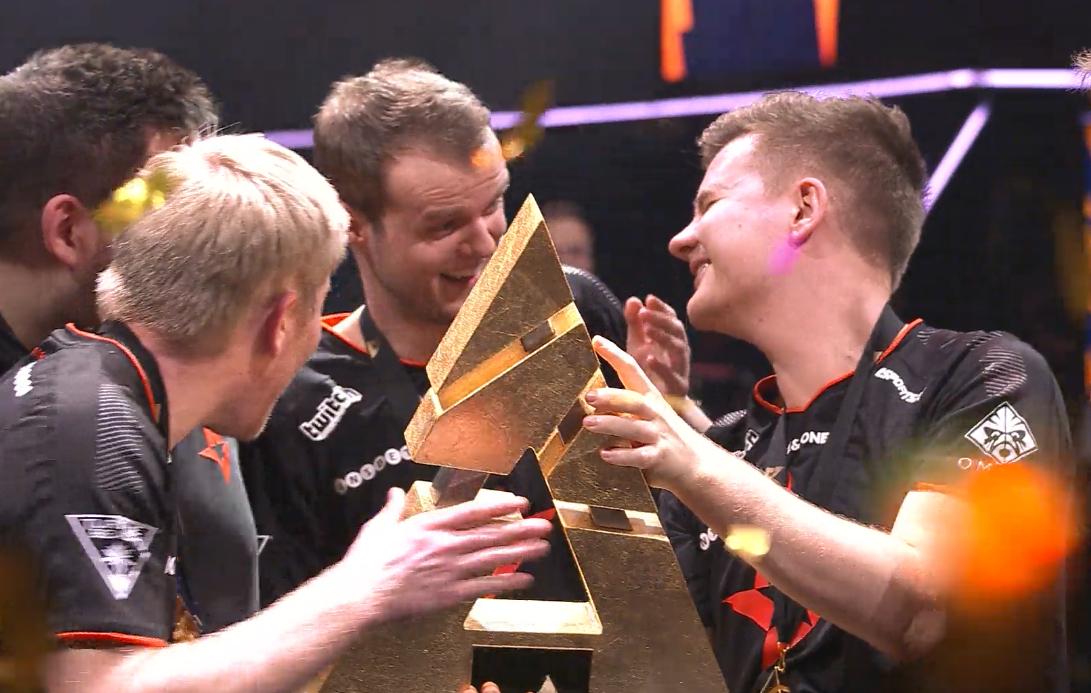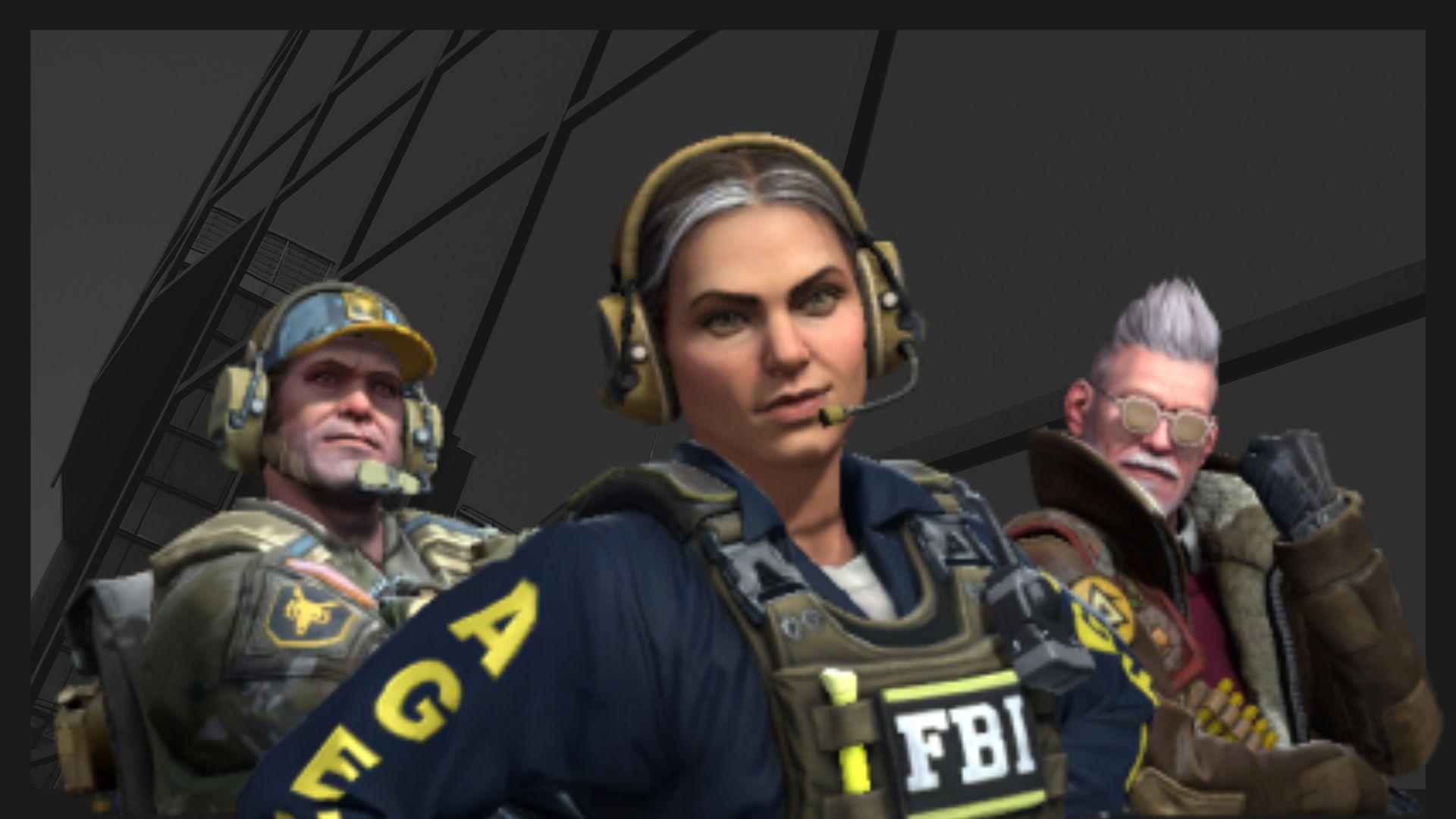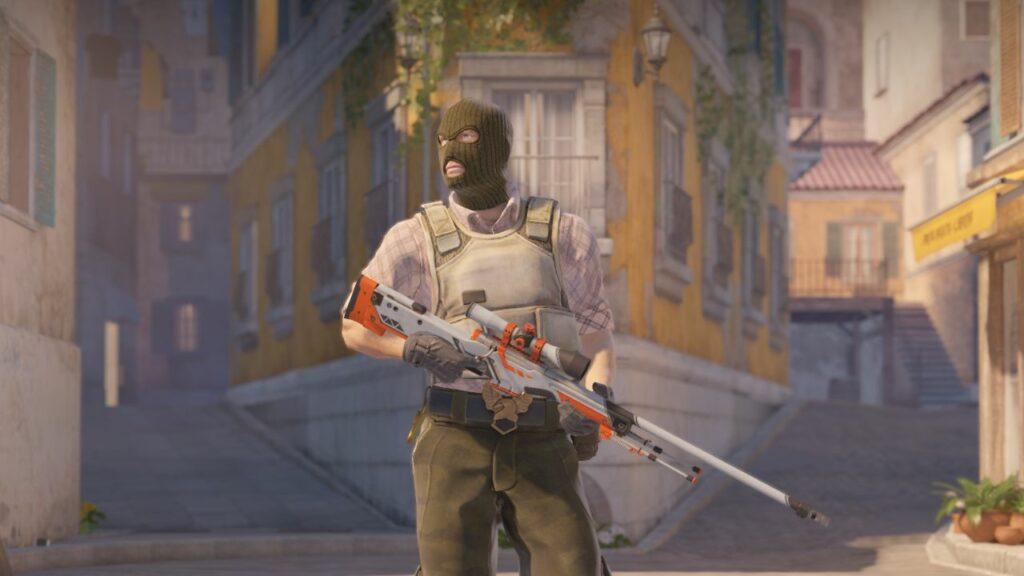
Astralis parent company responds to BLAST Pro Series controversy
Fans have been grumbling about Astralis’ schedule in recent weeks.
A number of huge tournaments have come and gone without the world’s best Counter-Strike: Global Offensive team participating. Astralis hasn’t been slacking, though. The team has just been focusing all its efforts into BLAST Pro Series events.
That fact coupled with the BLAST Pro Series and Astralis both being owned by RFRSH Entertainment has had some fans crying foul, something RFRSH is actively seeking to remedy. RFRSH VP of Commercial Development and Partnerships Jordi Roig spoke with HLTV.org about the recent controversy and defended both arms of the company.
“The 2019 season has seven teams, seven partnered teams, and those seven teams have to play five out of the seven tournaments we’re putting together,” Roig said. “There’s no preferential treatment, what we want is that when the team comes to play these events they’re fresh and ready to compete.”
Roig went on to talk about the BLAST Pro Series events’ format and stated that RFRSH is not seeking exclusivity from participating teams at this time. The topic of Astralis’ competitive schedule has renewed discussion of a number of touchy subjects in the CS:GO pro scene.
What is the conflict of interest with Astralis and BLAST?
The BLAST Pro Series first popped up in 2017 with the one-off BLAST Pro Series Copenhagen event. It reappeared in 2018 and became a full tournament circuit earlier this year starting with BLAST Pro Series: Sao Paulo.
To this point, Astralis has competed in every event hosted by BLAST including three this year. Though the Danes have been active with that one tournament organizer, they have passed on several other large tournaments including StarSeries Season 7 and Intel Extreme Masters Season XIV Sydney. This has led to questions on if BLAST is moving in the direction of demanding exclusivity from its teams and if RFRSH is trying to sabotage competitors by monopolizing the world’s best CS:GO team.
Astralis coach Danny “zonic” Sørensen explained his team’s approach on Twitter and said they have been favoring BLAST events due to travel concerns and the short length of the events.
Roig echoed this argument and contrasted Astralis’ approach with that of MiBR. The Brazilian team has participated in every large tournament that has come its way, traveling to Katowice, Sao Paulo, Miami, Chongqing, and Shanghai in the last two months. The team has struggled through much of this period, which Roig theorizes is due at least in part to their rigorous schedule.
Looking towards the future, there are questions about whether RFRSH can reliably run a league format when it has a financial stake in one of the competing teams succeeding. The current BLAST format offers little opportunity for competitive shadiness with a round robin group stage leading to a best-of-three grand final. The circuit format also limits each team to participating in five of the seven tournaments, meaning Astralis doesn’t have an inherently better chance of making it to the BLAST Grand Finals.
Where is Astralis playing next?
Astralis’ next live event is BLAST Pro Series: Madrid, which will be the team’s fourth event with the organizer in 2019. With the BLAST circuit restricting teams to just five events en route to the grand finals in December, that means it will only be able to participate in one more BLAST circuit event this year.
Though the team has been passing on other events, it hasn’t quite been exclusive to BLAST competition. Astralis is currently competing in the ESL Pro League Season 9 Europe division and has secured a spot in the Esports Championship Series Season 7 Finals.
Recommended

s1mple is offering lessons to help you get good at CS2
Have you dreamed of playing like s1mple?

Recent CS2 ban wave punishes cheaters during live games
Valve is banning players in bulks.

Players hopeful after Valve adds Overwatch to expose CS2 cheaters
Only “trusted” players will be Overwatch investigators.







